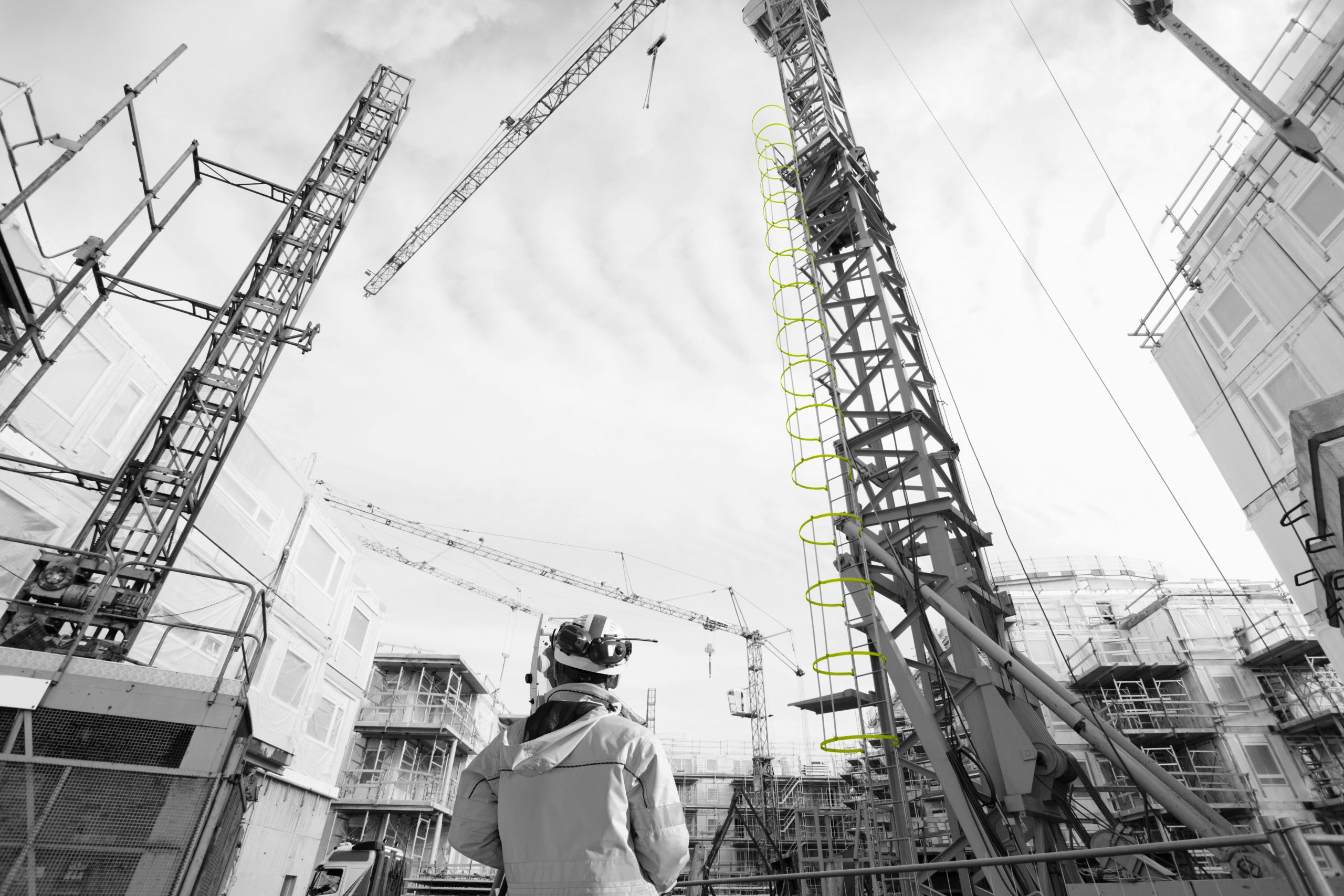

By Jaspal Dhillon, VAT Director
jaspaldhillon@lubbockfine.co.uk
020 7490 7766
During the summer,we issued an update concerning changes to how VAT is to be accounted for in the construction industry. The government has now published legislation and guidance on the detail of how these changes will operate when they come into force on 1 October 2019.
In summary, where it applies, the person raising an invoice and charging for their services does not account for VAT, instead the recipient/purchaser of the services is obliged to charge themselves VAT, and then recover the VAT in line with normal VAT recovery rules.
The legislation and HMRC guidance has confirmed that the reverse charge will only affect supplies at the standard VAT rate or reduced (5%) VAT rate. It will not apply to VAT zero rated supplies, such as a sub-contractor working to a main contractor constructing new dwellings.
Also, and perhaps the biggest development concerning this change, is that it will only apply to payments required to be reported through the Construction Industry Scheme (CIS). Under CIS rules, a construction business (‘mainstream contractor’) is required to report payments made to other businesses (‘subcontractors’) to carry out construction work. The payments are reported to HMRC on monthly CIS returns. Non-construction businesses (such as commercial landlords) may also be caught by CIS under the ‘deemed contractor’ rules, if their construction spend exceeds an average of £1M per year, as well as under other rules. For larger sub-contractors the CIS only provides a reporting obligation on the main contractor (as the sub-contractor will have ‘gross payment status’), but for others the contractor is required to withhold income tax from the payments for construction services.
The sub-contractor will, need to account for VAT as normal if the payments are not subject to CIS (so not raise a reverse charge invoice), and the normal VAT rules apply to supplies made to either:
One of the key issues for businesses and individuals providing construction services, will be determining whether your customer is an end user, as this will determine whether you as the supplier are liable to account for VAT.
End users will usually be the customer/recipient who uses the building or construction services for themselves, rather than those who sell the services on as part of their building or construction services business. So a single construction company supplying services to a property developer will not be affected by these changes – but they will apply where the construction company sub-contracts part of the construction activities.
Further, those connected to end users, including landlords or tenants, will be treated as end users.
HMRC has stated that it will be up to the end user to make the supplier aware that it is an end user and that VAT should be charged in the normal way, instead of being reverse charged. This should be in a clear, written form which can be retained for future reference by the supplier.
To discuss this in more detail and in particular to assess the impact this new legislation may have on your business, please contact our VAT Specialist, Jas Dhillon jaspaldhillon@lubbockfine.co.uk